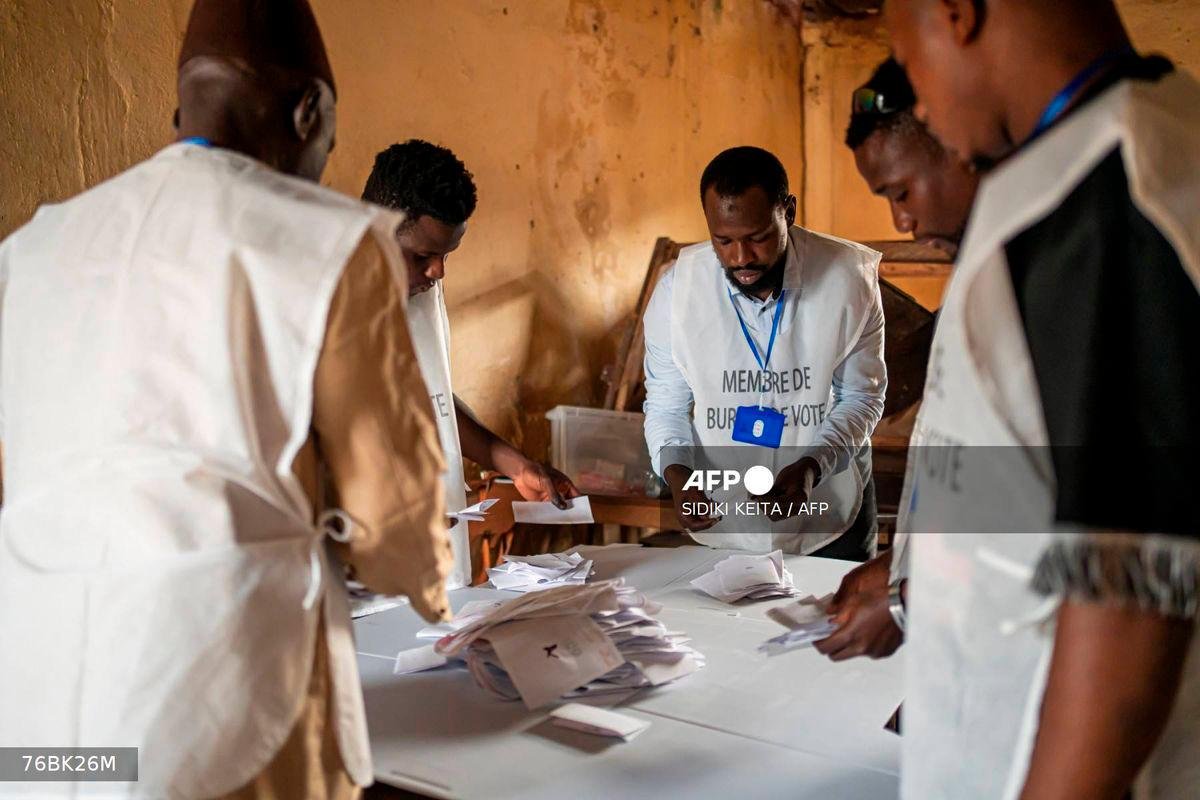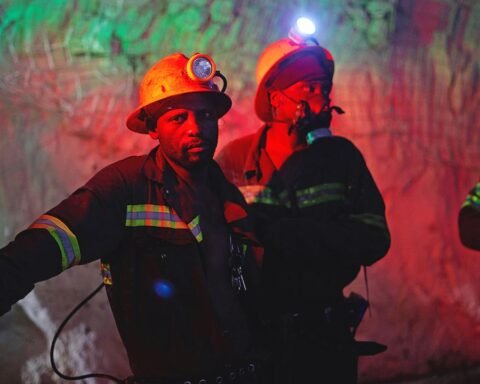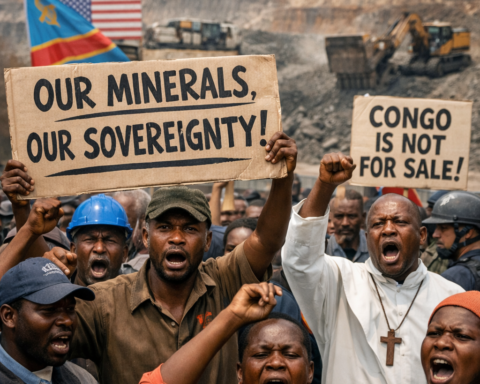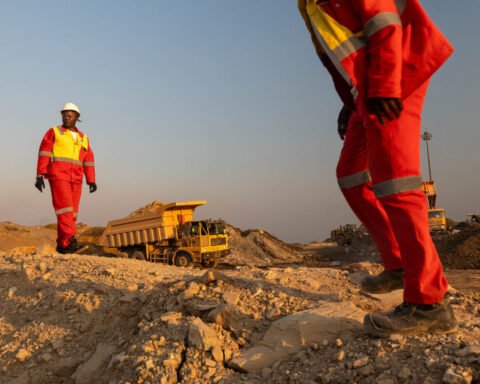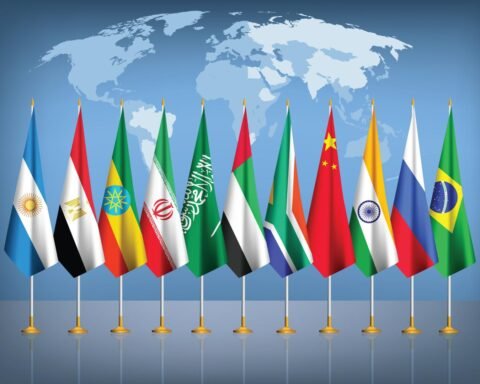Citizens of Guinea went to the polls on Sunday, September 21, 2025, to vote on a new constitution that could allow military leader Mamady Doumbouya to run for president.
Doumbouya, who seized power four years ago, has framed the referendum as part of a transition toward civilian rule, but critics argue it is a maneuver to legitimize his grip on power.
The proposed constitution would extend the presidential term from five to seven years, allow one re-election, and create a Senate, a third of whose members would be appointed directly by the president. These changes have drawn concern from opposition leaders and international observers, who warn that the reforms could undermine democratic principles in the country.
Opposition figures, including prominent politicians like Cellou Dalein Diallo, have boycotted the referendum, describing it as a “power grab.” Several opposition parties remain suspended, and reports of media restrictions and arbitrary detentions have raised questions about the fairness of the process. Guinea joins a number of West African countries, including Mali, Niger, and Burkina Faso, that have faced military takeovers and political instability in recent years, often delaying democratic development.
Also Read; Trump Calls for Revoking Licenses of Critical TV Networks
Election observers note that while the referendum may appear as a step toward civilian governance, the environment surrounding it has been fraught with tension. For many Guineans, the vote is more than a technical constitutional change—it is a test of whether the nation can balance stability with genuine political inclusion.
In towns and cities across Guinea, voters expressed mixed feelings. Some see Doumbouya as a stabilizing figure who could guide the country toward progress, while others fear the new rules would entrench military influence in politics for years to come. Families, students, and business owners voiced hopes that any future government would prioritize economic recovery, social development, and climate resilience, reflecting Guinea’s pressing challenges.
The Guinean government has indicated that official results will be announced in the coming days, and preparations are already underway for the presidential election scheduled in December. Observers caution that the final outcome will reveal whether Guinea is stepping toward democratic consolidation or further entrenching military authority.

